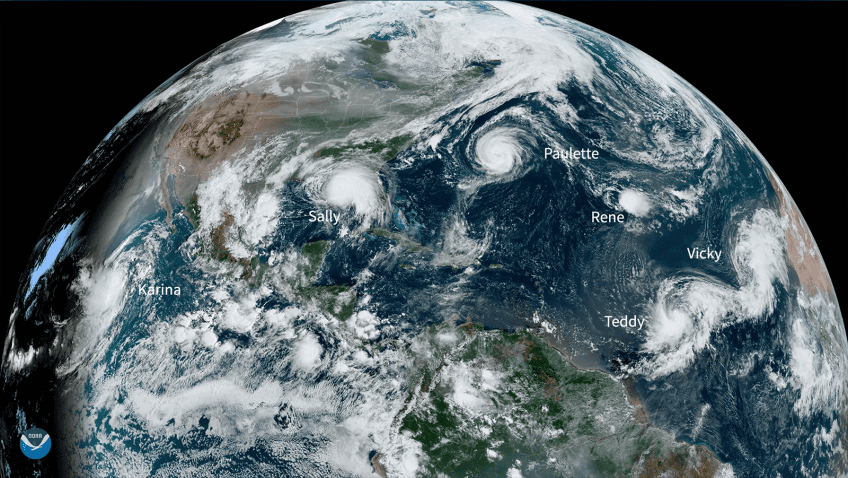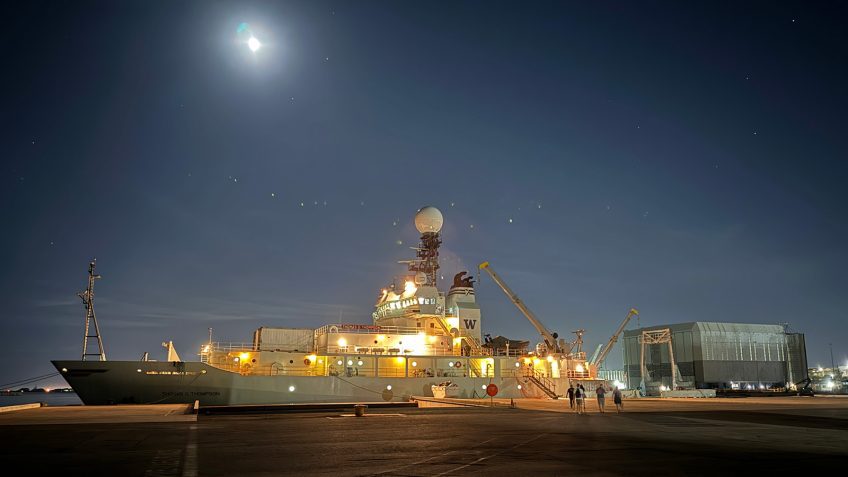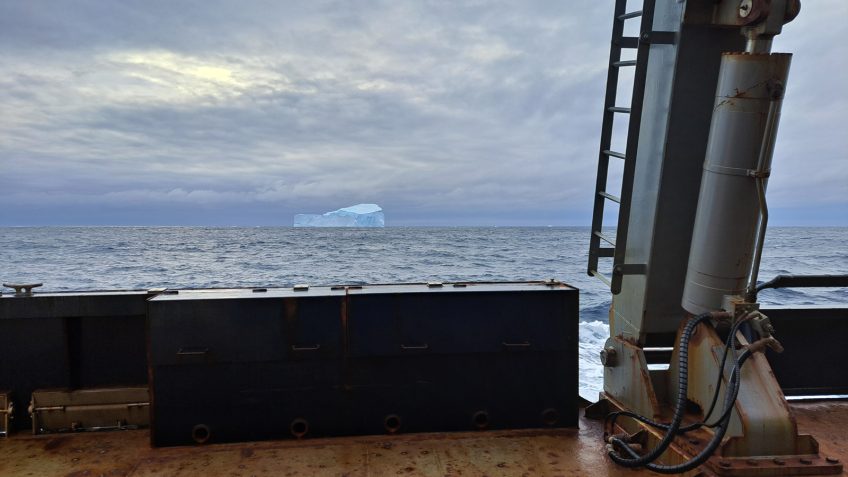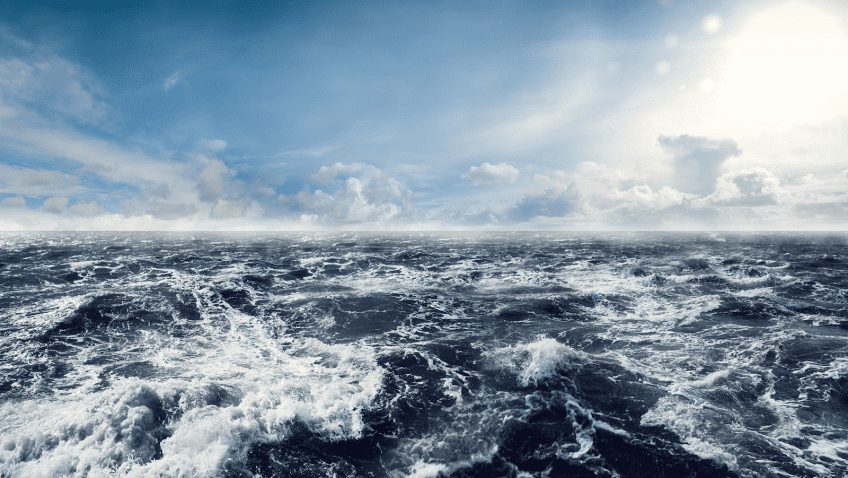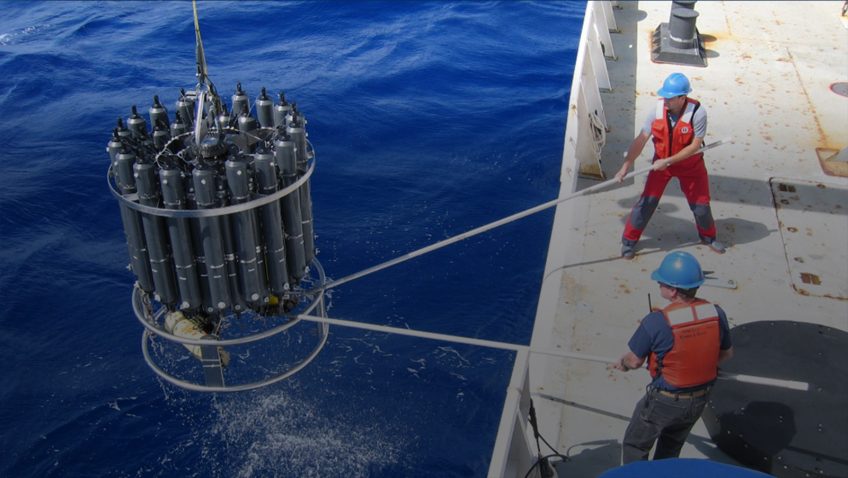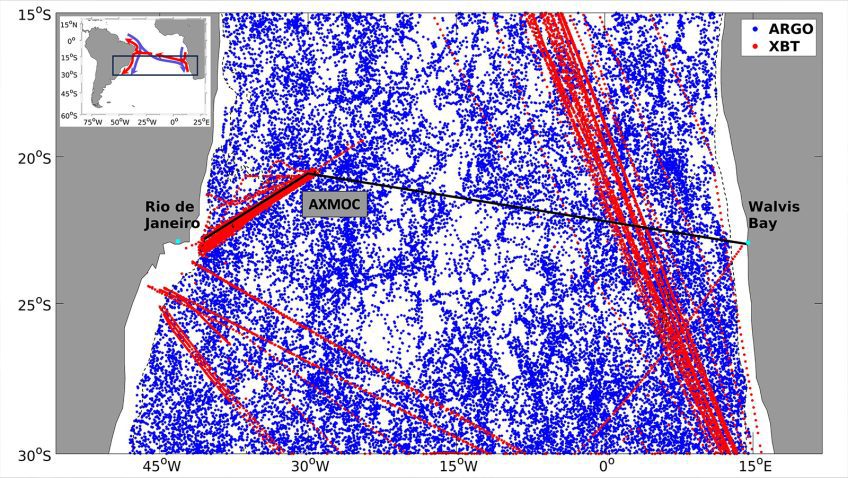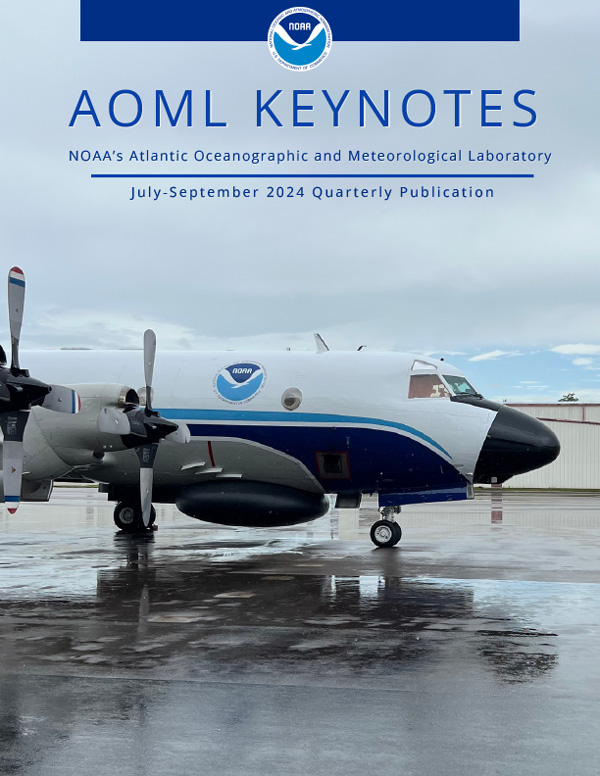New NOAA research predicts an increase in active Atlantic hurricane seasons
Tropical cyclones are among the most deadly and costly natural disasters that affect the United States and many other countries each year. This has led the scientific community to prioritize improving tropical cyclone prediction and the understanding of how tropical cyclone activity has changed and will change in the future. In a new study published […]
